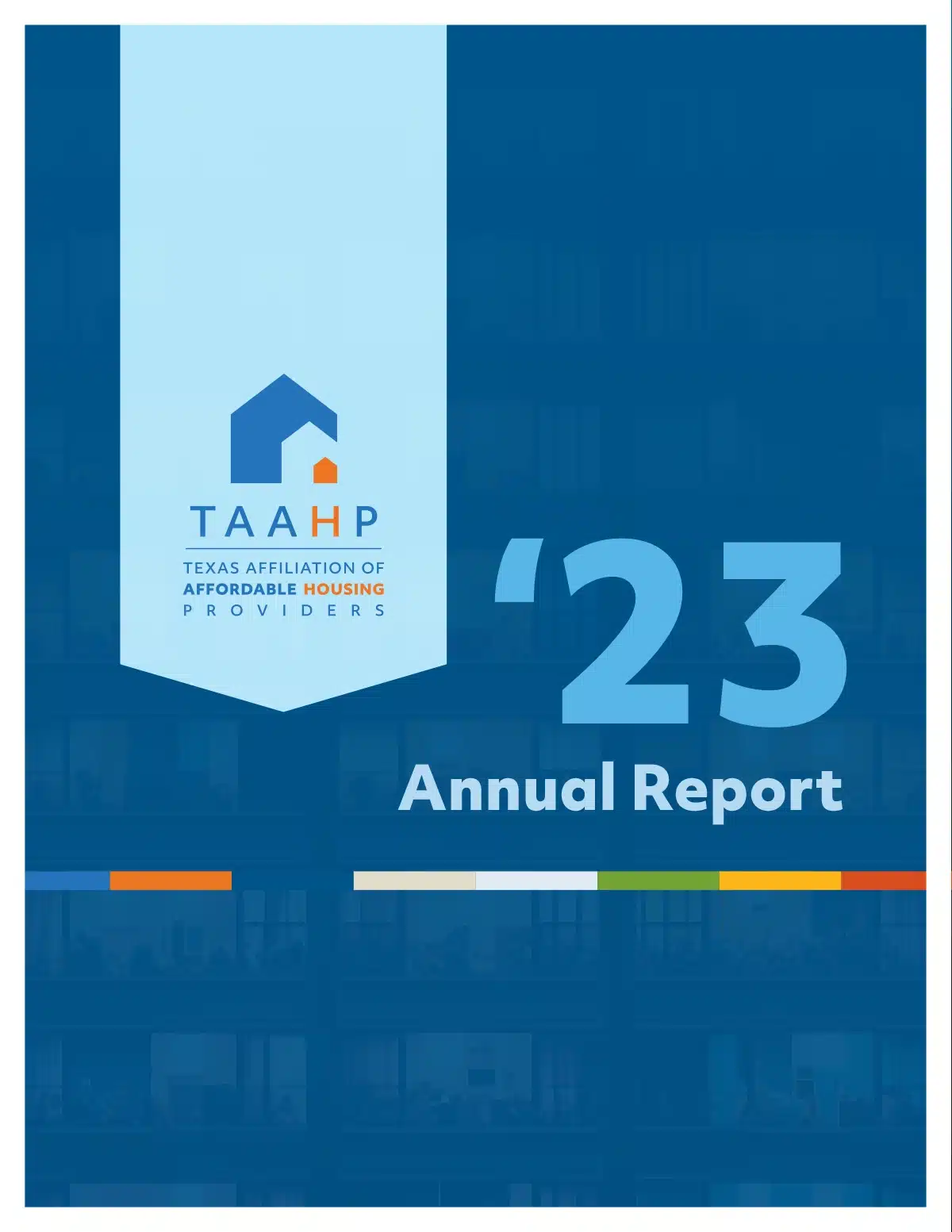Senate Finance Committee Chair Ron Wyden, D-Ore, introduced the Decent, Affordable Safe Housing for All (DASH) Act. The DASH Act would expand the production of affordable housing for low-income and middle-income families, create a new down payment tax credit for first-time homebuyers, expand essential services to ensure permanent housing stability, house all children and families experiencing homelessness through Housing Choice Vouchers.
“The nation’s housing crisis has been growing steadily for decades, and with every year that passes, more people struggle to keep a roof over their heads and more people wind up on the street. It’s long past time for federal policy to reflect the fact that housing is a human right,” Wyden said. “In a nation as wealthy as ours, no child should grow up without a home. It’s clear that people experiencing homelessness need a lot more help than they’re getting today, and doing more to prevent homelessness in the future will save a lot of individual suffering and taxpayer dollars. And there are a lot of different issues driving this affordable housing crisis, but when it comes to solutions, there is no substitute for increasing housing supply. This is a nationwide housing shortage that cuts across state and political lines. Although Congress is sharply divided, I’m hopeful this is an area where Democrats and Republicans can come together and pass bold legislation to give our nation’s housing policy a remodel.”
According to the best available data, the United States is suffering a shortage of 7 million affordable and available housing units for the lowest-income renters, as the country hasn’t built sufficient housing for decades. On top of that, more than 11 million households in America spend more than 50 percent of their take-home pay on rent each month, putting them at risk of financial ruin with just one emergency or missed paycheck. Finally, more than 580,000 Americans were homeless on any given night in 2022.
Wyden’s DASH Act would make stable, safe and decent housing available for all by:
- Housing everyone experiencing homelessness within five years, and prioritizing children and families for placement by issuing them a Housing Choice Voucher because young children are heavily impacted by housing instability, and because housing is a chief determinant of health;
- Expanding health, child care, financial and nutrition services for families and individuals to stay on a path to unassisted housing stability because the climb out of housing poverty is nearly impossible to complete alone;
- Greatly increasing the production of deeply affordable housing for families exiting homelessness and for low-income households by investing in effective, efficient existing programs and reforming the tax code to strengthen the Low-Income Housing Tax Credit (LIHTC), as well as establish a Renter’s Tax Credit and Middle-Income Housing Tax Credit (MIHTC);
- Investing in homeownership in underserved communities and for low income Americans with new tax credits and down payment assistance, including a down payment tax credit for first-time homebuyers; and
- Incentivizing environmentally-friendly development strategies and land use policies.
Text of the bill is available here.
A summary of the bill is available here.
A section-by-section summary of the bill is available here.

